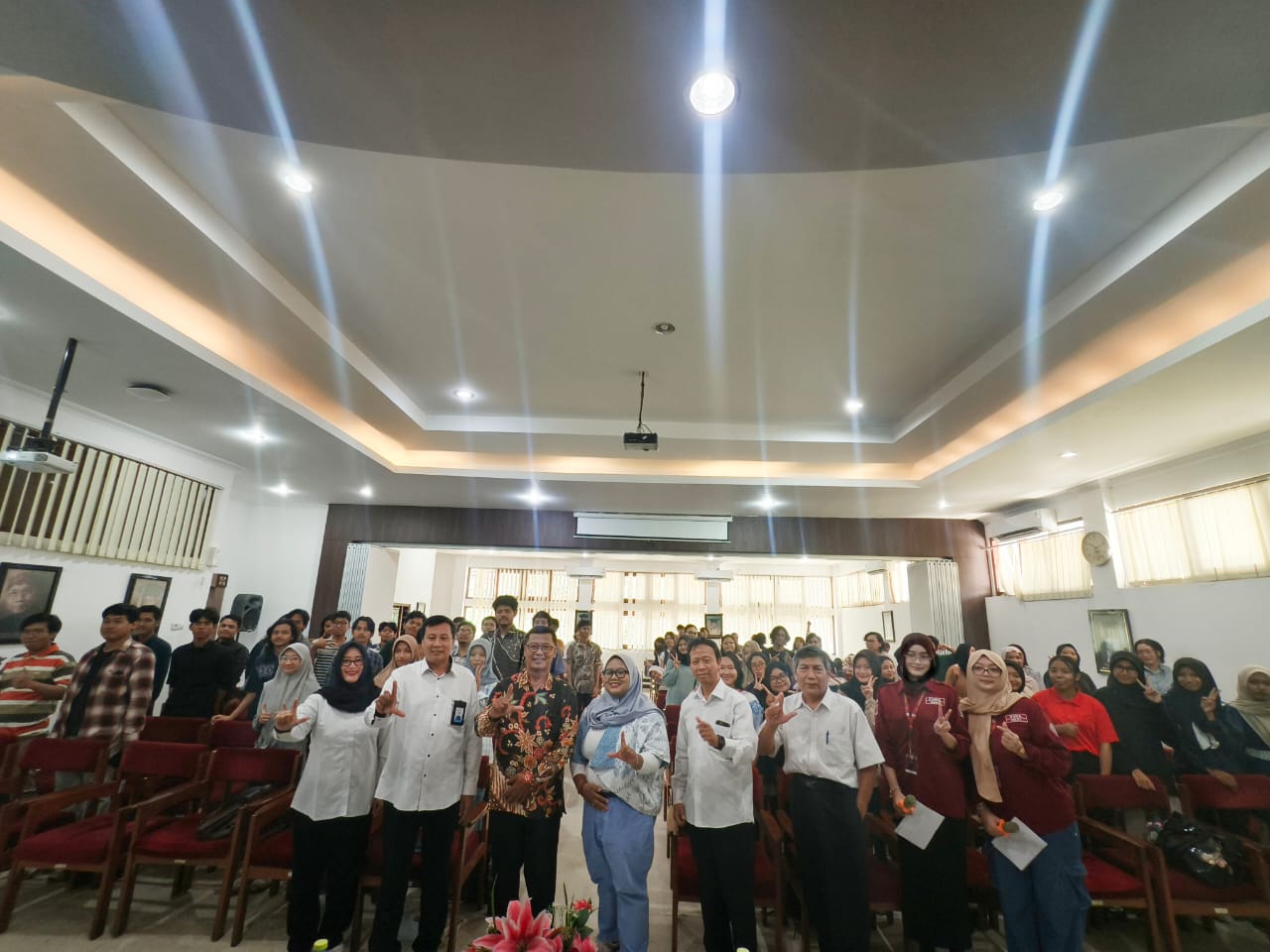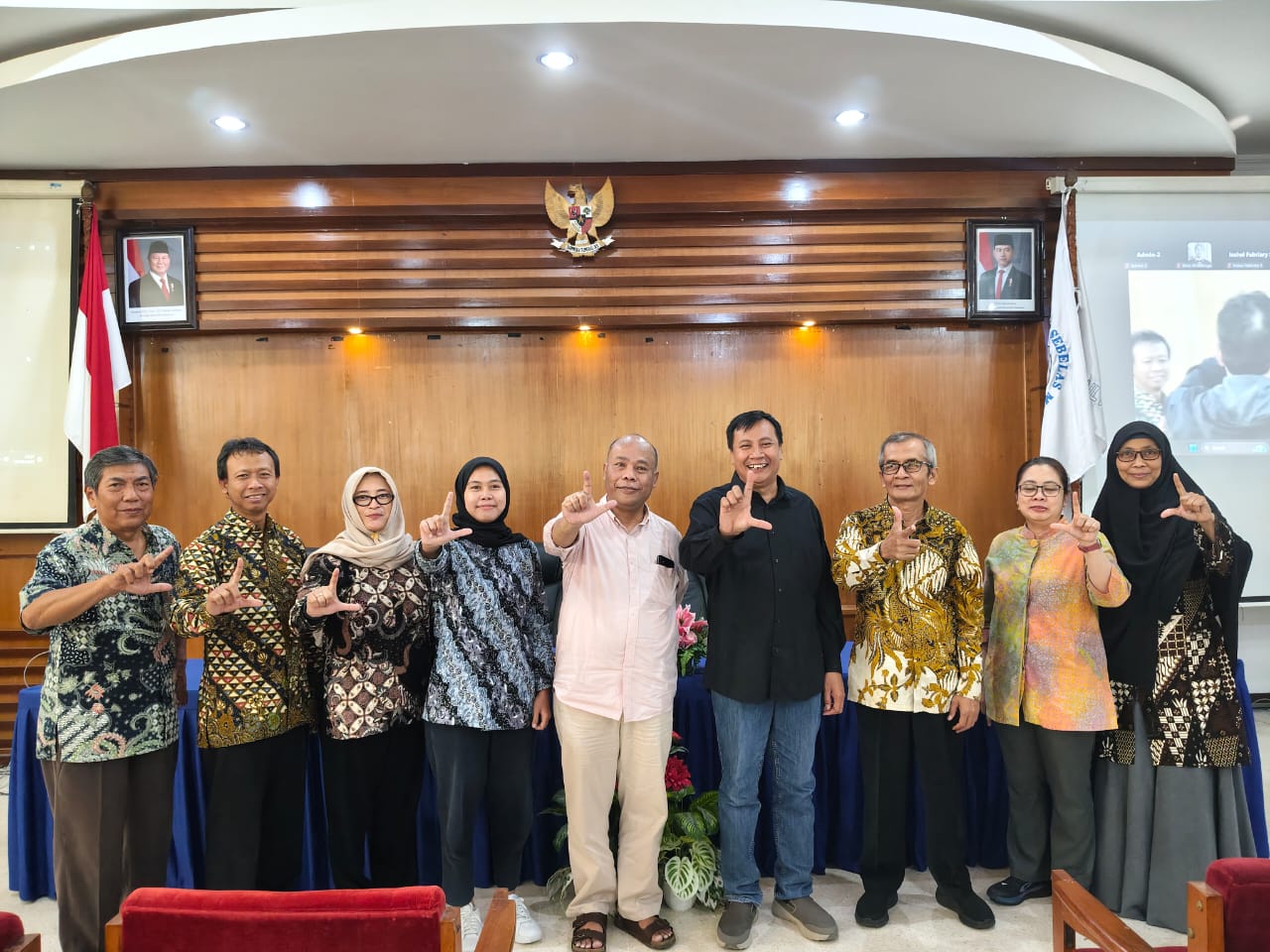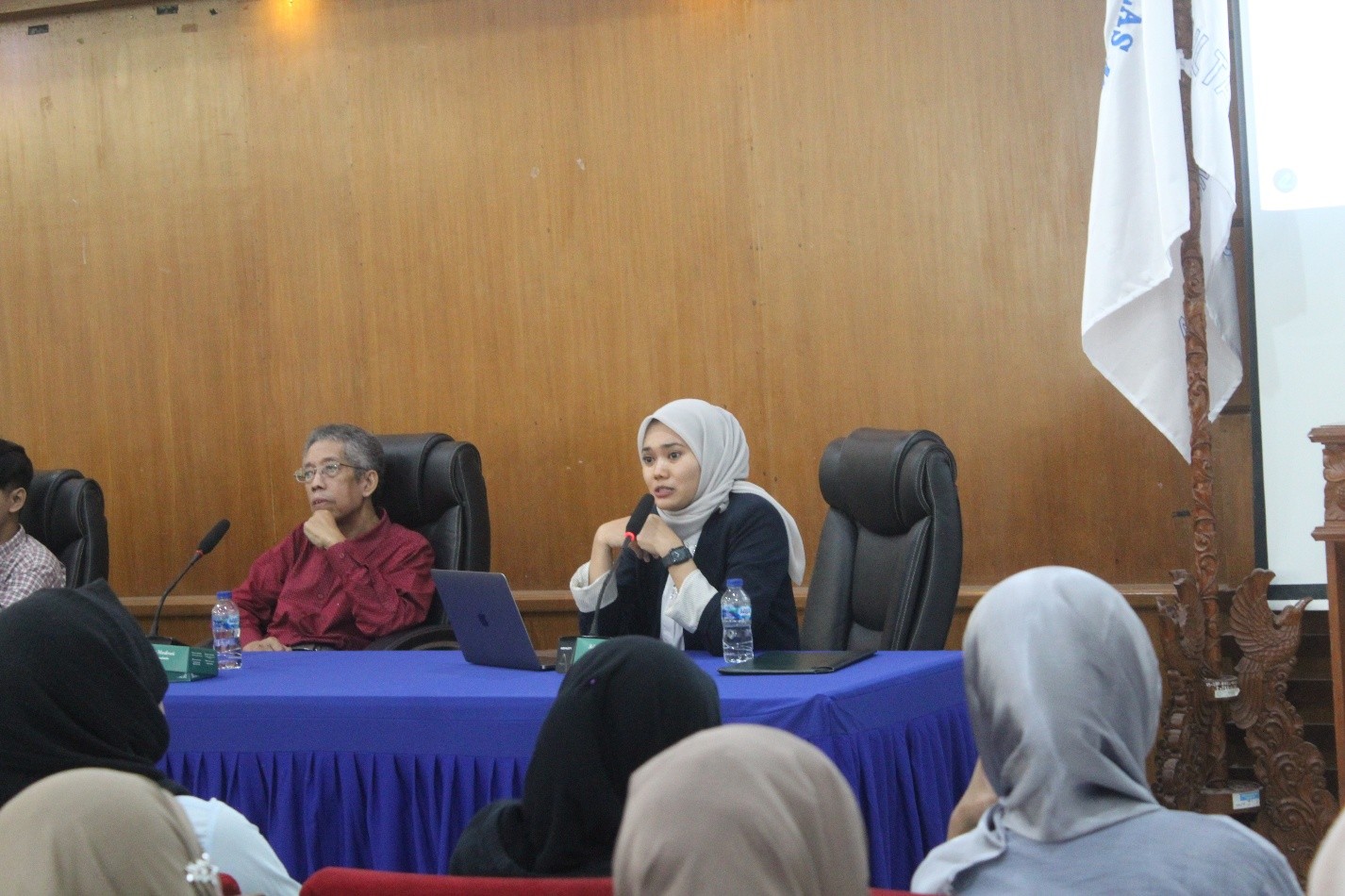
Prodi Ilmu Sejarah FIB UNS menyelenggarakan kuliah umum yang bertajuk “Merancang Masa Depan Mahasiswa Sejarah di Era Global” yang diselenggarakan di Ruang Seminar Gedung 3 (I. Suharno) FIB UNS pada hari Senin, 22 September 2025. Kegiatan ini menghadirkan narasumber utama yaitu Drs. Henry Prakosa (Kepala Desa Jeblog Karanganom...



